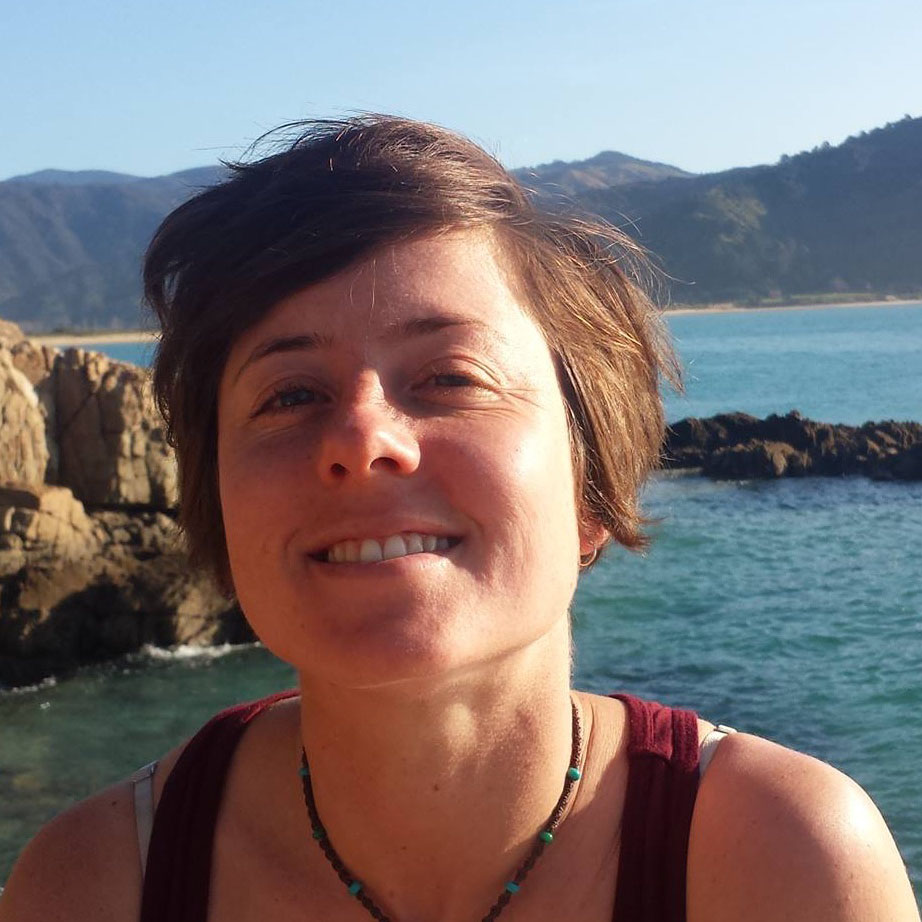
“We know our food systems are broken, resulting in malnutrition, food waste, biodiversity loss, land degradation and climate change,” said Éliane Ubalijoro, Chief Executive Officer at the Centre for International Forestry Research and World Agroforestry (CIFOR-ICRAF). “But we also know that there is a great opportunity for transformation, by harnessing the knowledge and solutions already in use. And one of these solutions is agroecology.”
The approach, she explained, goes beyond simply transforming food systems, and works by combining science practice and social change. By drawing inspiration from natural ecosystems, all the while integrating local and scientific knowledge, agroecology provides “a vision of agriculture that nourishes both land and people, fostering health and prosperity for our children and our children’s children.” Ubalijoro made the remarks at the second Members Forum meeting of the Transformative Partnership Platform on Agroecology – or Agroecology TPP – held in Nairobi and online on 12-13 March 2024.
The Agroecology TPP works to accelerate and co-ordinate work on agroecology across international, national and local scales and contexts, towards transitions to more sustainable agricultural and food systems. Its annual Members Forum meeting is open to all institutions that formally engage in TPP projects, are active in the TPP’s science-policy or science-development interface, are represented in the governance and advisory bodies, or have submitted an application form and agree to the membership charter.
Members of the Agroecology TPP’s Community of Practice (CoP) are also invited to contribute to the meeting, which seeks to foster a safe and inclusive environment to facilitate meaningful – and critical – reflections on the functioning and progress of the Agroecology TPP so far. Not only did the 2024 meeting provide an opportunity to share progress and assess key achievements, but it also helped to identify successful strategies, pinpoint existing challenges, and, collectively, determine priorities for the future, all the while enhancing synergies.
During an opening keynote, Sim Hourleang – the secretary of the Conservation Agriculture and Sustainable Intensification Consortium (CASIC) at Cambodia’s Ministry of Agriculture, Forestry and Fisheries – shared progress being made to integrate agroecology into food system transformation.
Much of Cambodia’s agricultural land is degraded and unproductive, and high-input conventional agriculture is making the situation worse. “So, we are encouraging farmers to grow green cover crops instead,” said Hourleang. Many farmers were initially sceptical, but “after the first year [of applying the approach], they got much higher yields than the year before, and they realised that the soil quality was much better, too.”
The meeting also hosted the winners of an agroecology contest, open to the entire Community of Practice, who shared their experiences, vision and engagement ideas for the CoP more broadly in a dedicated session. They included Karina Gonçalves David, a young agroforestry mushroom farmer from Brazil; Simon Edegbo, a regenerative agriculture practitioner from Nigeria, currently studying in Greece; and Maimuna Jawara, a restoration leader and GLFx coordinator from Banjul, The Gambia. Many of the Agroecology TPP projects also showcased their work and progress through posters that were displaced in the meeting hall and online.

Agroecological contest winners on stage. From left to right: Maimuna Jawara, Simon Edegbo and Karina Gonçalves David. Photo by Felix Odhiambo/Lixlense Captures
The Agroecology TPP co-convenor Bernard Triomphe, system agronomist and innovation specialist at the French Agricultural Research Centre for International Development (CIRAD) and visiting professor at the Chapingo University, drew attendees’ attention to diversity and representation within the Members Forum and research projects. “Do we have enough balance between global institutions, international institutions, and local people from the Global South?” he asked. “How can we make [under-represented] voices more present in what we do?”
He also emphasized the need for clear and multidirectional information flows between these different groups. “When we look at local realities, the context becomes so important – so how do we make use of this diversity of context as a way of also enriching our global-level insights?”
Triomphe’s fellow co-convenor Fergus Sinclair, a principal scientist at CIFOR-ICRAF, praised developments and achievements to date, such as the launch of the One Million Voices of Agroecology digital citizen science platform, the rapid growth of the CoP, piloting of a policy tracking tool, and the implementation of a five-year ‘whole-system transformation’.
This sense of yielding important results in just four years since the Agroecology TPP’s inception was echoed by many stakeholders in the room. Importantly, the panel discussions and group sessions throughout the two-day meeting produced a concrete set of recommendations for the immediate future – from the most pressing topics for member workshops to research gaps and priorities. In particular, one of the issues that has been brought forward multiple times is the need to bridge the gap between farmers on the ground and researchers, with a number of ideas on how to do so.
In his closing comments, Sinclair spoke of the emerging significance of the Agroecology TPP’s role as a “broker of solid evidence that we’re bringing into the agroecological space, which helps us to get beyond polarization…and which will get us into that mainstream position that we need for full food system transformation.” He also highlighted that the Agroecology TPP stands for the transformative partnership platform, and as such, “is ours to take and to make things happen.”
More information about the Agroecology TPP, including its membership levels, can be found here.
 Meeting participants outside CIFOR-ICRAF’s office in Nairobi, Kenya. Photo by Felix Odhiambo/Lixlense Captures
Meeting participants outside CIFOR-ICRAF’s office in Nairobi, Kenya. Photo by Felix Odhiambo/Lixlense Captures
We want you to share Forests News content, which is licensed under Creative Commons Attribution-NonCommercial-ShareAlike 4.0 International (CC BY-NC-SA 4.0). This means you are free to redistribute our material for non-commercial purposes. All we ask is that you give Forests News appropriate credit and link to the original Forests News content, indicate if changes were made, and distribute your contributions under the same Creative Commons license. You must notify Forests News if you repost, reprint or reuse our materials by contacting forestsnews@cifor-icraf.org.





























